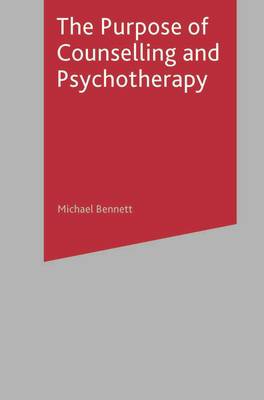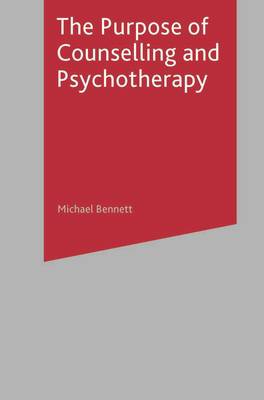
- Retrait gratuit dans votre magasin Club
- 7.000.000 titres dans notre catalogue
- Payer en toute sécurité
- Toujours un magasin près de chez vous
- Retrait gratuit dans votre magasin Club
- 7.000.0000 titres dans notre catalogue
- Payer en toute sécurité
- Toujours un magasin près de chez vous
83,45 €
+ 166 points
Description
Why do counsellors and psychotherapists practice? What is the purpose? What real benefit does the client gain and what benefit accrues to society as a whole? Do liberal and postmodern values leave counselling and psycho-therapy vulnerable to being devalued by consumerism, individualism and relativism? This unique text subjects counselling and psychotherapy to a proper and thorough moral and ethical analysis.
Using radical new theories, the author opens up the field of counselling to rational debate, giving it a thorough analysis that is political, sociological and philosophical in outlook. Drawing on the communicative ethics of Habermas, he provides a new basis for understanding the purpose of counselling and psychotherapy. Using an argument that is both challenging and stimulating, the liberal and postmodern approaches are decisively investigated and rejected. Of interest to specialists and non-specialists alike, this work offers a new vision for counselling, which is both appealing and soundly argued.Spécifications
Parties prenantes
- Auteur(s) :
- Editeur:
Contenu
- Nombre de pages :
- 258
- Langue:
- Anglais
Caractéristiques
- EAN:
- 9781403935960
- Date de parution :
- 02-11-04
- Format:
- Livre broché
- Format numérique:
- Trade paperback (VS)
- Dimensions :
- 158 mm x 232 mm
- Poids :
- 403 g

Les avis
Nous publions uniquement les avis qui respectent les conditions requises. Consultez nos conditions pour les avis.






